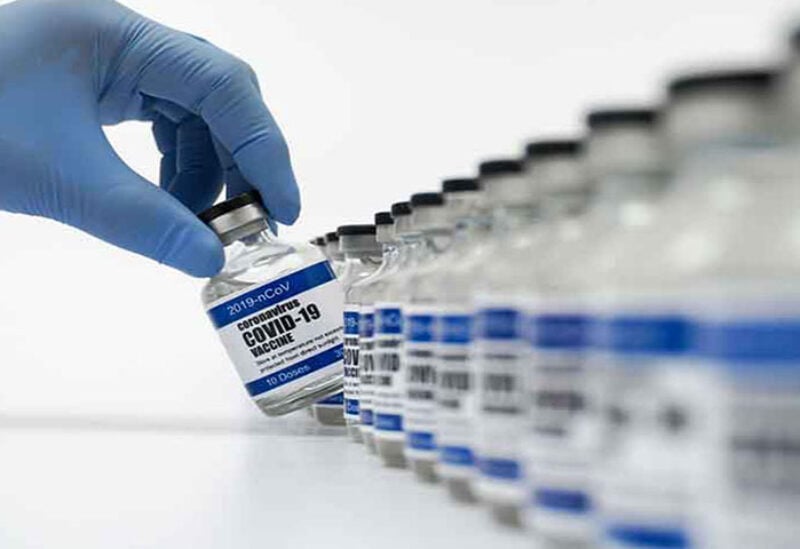
G7 to donate more 1 billion vaccine shots to poor countries
The European Union and the United Kingdom are currently engaged in a bitter row over the export of coronavirus vaccines. Earlier this week, Brussels accused Britain of blocking the export of inoculations as the bloc struggles to get sufficient supplies to speed up its vaccination programme.
British Health Secretary Matt Hancock issued a stern warning to the European Union on Thursday, saying that Brussels must respect the law regarding COVID-19 vaccine supply contracts and that there would be consequences if the bloc acts “illegally.”
“There is of course a need for all countries to respect contract law… and I’m sure that the European Union will live up to the commitments and statements that it has made”, Hancock told politicians. “We fully expect those contracts to be delivered on, because there are very significant consequences to breaking contract law”.
UK Foreign Secretary Dominic Raab also addressed the threats, telling Reuters that he thinks the commission’s move “takes some explaining because the world’s watching”, adding that the move “also cuts across the direct assurances that we had” from EU authorities.
“We expect those assurances and legal, contracted supply to be respected”, the foreign secretary said.
EU-UK Vaccine Row
This comes in the wake of threats by the EU to restrict the exports of coronavirus vaccines to Britain. Meanwhile, the bloc’s member states have seen a slowdown of their own inoculation rollouts.
On Wednesday, European Commission President Ursula von der Leyen said that the EU would be prepared to suspend the vaccine deliveries to Britain unless the bloc receives a “fair share” of shots from the UK.
“It is hard to explain to our citizens why vaccines produced in the EU are going to other countries that are also producing vaccines, while hardly anything is coming back. All options are on the table. We are in the crisis of the century and I’m not ruling out anything because we have to make sure Europeans are vaccinated as soon as possible”, she told Reuters.
Boris Johnson responded to earlier accusations by the EU that Britain had halted its vaccine exports, stressing that not “a single COVID-19 vaccine or vaccine components” had been blocked. The UK prime minister added that he opposed “vaccine nationalism in all its forms”.
This comes as a number of European countries, namely Denmark, France, Germany, Italy, and the Netherlands, have suspended the use of the Oxford-produced AstraZeneca vaccine amid reports of blood clotting as a side effect of taking the jab.
As of Thursday, over 25 million people in the UK had already received their first vaccination. Since the beginning of the rollout on 8 December, the most vulnerable – those aged 70 and over, health and care workers, and people with extreme underlying conditions – were prioritized.